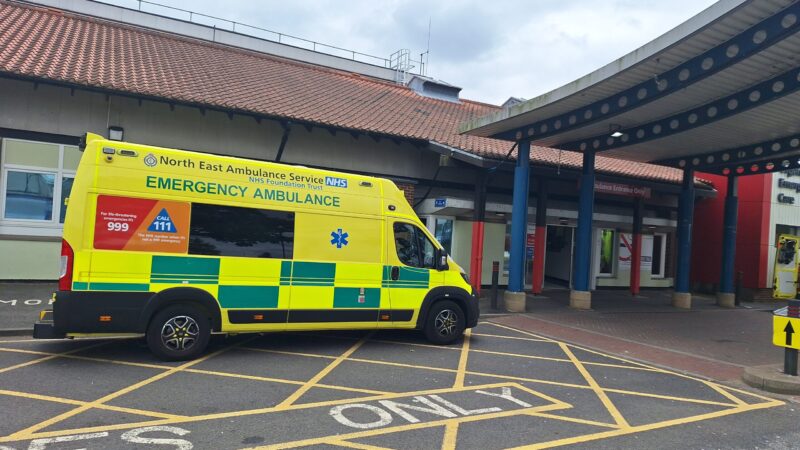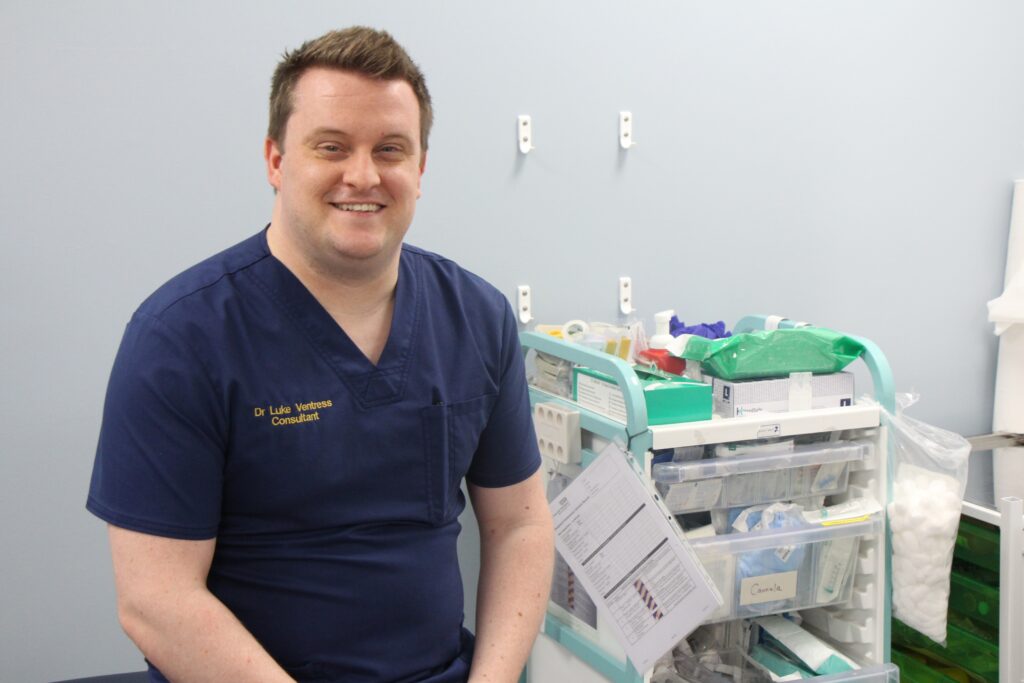
North East Ambulance Service (NEAS) and North Tees and Hartlepool NHS Foundation Trust (NTHFT) launch new service called ‘call before convey’ which is designed to prevent avoidable hospital admissions and reduce the risk of hospital-associated deterioration.
The new partnership enables paramedics to access a 24/7 dedicated phone line directly connecting to a clinical triage nurse at NTHFT who will review individual cases and regularly assess patients both in and out of hours.
This innovative approach ensures that ambulance crews have real-time clinical support and direct access to community services before deciding to transport a patient to hospital.
The service is focused on patients aged 65 and reside in care or residential homes who do not require acute or specialist interventions, such as PPCI (primary percutaneous coronary intervention), stroke care, thrombolysis (a treatment to dissolve dangerous blood clots), or emergency trauma care.
This partnership allows ambulance crews and healthcare professionals to refer eligible patients directly to the following community services:
• Urgent Community Response (UCR) teams
• Community nurses
• District nurses
• Physiotherapists
• Social workers
• Community matrons
• Virtual frailty service or ward
• A network of specialist community teams tailored to specific needs
Head of operations in the south division at NEAS, Andrea Raine said: “Patients are at the forefront of what we do and finding the right pathway is crucial.
“The dedicated integrated single point of access (ISPA) provided by our local hospital will give our paramedics clinical decision-making support and access to rapid-response community services.
NEAS have an important role in helping to transform and develop how and where care is delivered across our region, supporting the national drive to community-based care.”
Hospital admission isn’t always the best option and staying at home, when safe and supported, has clear benefits, including:
- Reduced risk of hospital-acquired deterioration
- Less chance of dehydration or malnutrition, as patients tend to eat and drink more at home
- Decreased risk of falls due to unfamiliar surroundings
- More opportunities for social contact with family
- A better chance of returning to independent living, rather than being discharged into long-term care
North Tees and Hartlepool NHS Foundation Trust is an integrated hospital and community healthcare organisation serving around 400,000 people in Hartlepool, Stockton-on-Tees and parts of County Durham. They also provide our services in a number of community facilities to help our local population. Visit their website to see the full list of community services available.

Luke Ventress, consultant at North Tees and Hartlepool NHS Foundation Trust said: “Having this new single point of access with ambulance crews and our teams in the community, we can have a clinical discussion together regarding whether hospital admission would be appropriate for these patients.
“As we know, patients who are frail and from residential care homes, hospital admission isn’t always the best thing for them.
“Coming into hospital can increase their risk of infection, increase their risk of delirium, and we may never get them back to what they were before they came into hospital.
“Therefore, across North Tees and Hartlepool we have developed our community services to offer a range of professional responses across Nursing Services, Physiotherapy, Occupational therapy and Social Care who work in collaboration to ensure all the individuals health and social care needs are met when a paramedic hands over an individual.”
Over recent years, both trusts have worked closely together to increase more flow to the integrated single point of access (iSPA). Over the last six months, referrals to the iSPA have increased to an average of 160 referrals per month, increasing from around 50. This ensures patients receive the right care, at the right time and by the right professionals.
With ‘call before convey’, the expectation is the new approach will increase referrals to around 200 per month. This means more patients will remain at home or within other community services instead of being taken to an emergency department and remaining in hospital.
In 2024/25, North East Ambulance Service answered more than 1.4m emergency 999 and NHS 111 calls, with more than 280,000 patients taken to hospital, more than 37,900 patients treated and discharged over the phone and more than 139,700 patients treated and discharged at home.
NEAS expects to soon announce a memorandum of understanding with South Tees Hospitals NHS Foundation Trust, bringing all of University Hospitals Tees into alignment on ‘call before convey’.